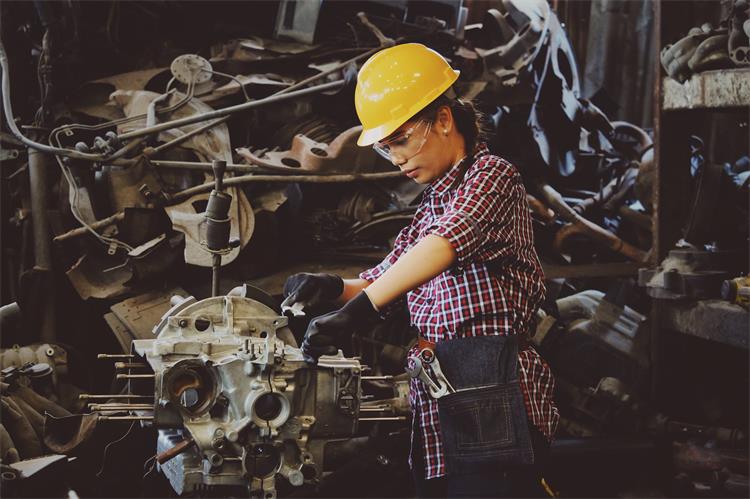
Intake and exhaust system fault diagnosis analysis
The air entering the cylinder should be kept clean (if the air entering the cylinder contains dust and dirt, it will cause early wear of the cylinder liner, piston, and piston ring, and will also damage the valve stem and guide. Larger garbage will also damage the turbine. Supercharger blades. Therefore the diesel engine should be equipped with an intake air filter.
a. Intake air leakage
(1) Too much air intake resistance causes black smoke and reduced power (the air filter element can be blown three times with compressed air, and it will need to be replaced with a new one later);
(2) Excessive smoke or reduced power of the supercharged diesel engine may be caused by loose connection of the pressure section of the intake pipe or serious air leakage caused by the rubber pipe;
(3) If there is air leakage in the air intake system, in addition to visual inspection, you can also use soap foam to check where there may be leaks;
b. Exhaust part failure
Check the exhaust pipe and supercharger for exhaust leaks, gasket leaks, and resistance in the exhaust pipe and muffler. Exhaust leakage and increased resistance will cause the supercharger speed to decrease, the amount of air pressed into the cylinder to decrease, and the diesel engine to The air pressure decreases, the exhaust smoke increases, and the power decreases. (The leakage of exhaust gas can usually be heard as a leakage sound or the high-temperature gas can be seen to discolor the materials near the leakage. If the exhaust gas is blocked, the turbocharger cannot work effectively, so the power reduction caused by exhaust resistance cannot be ignored. This factor.)
(1) When the supercharger fails, its supercharging efficiency is reduced, resulting in a decrease in diesel engine power and an increase in smoke;
(2) The diesel engine oil supplies the supercharger bearings with its working oil pressure through the oil inlet pipe to lubricate the bearings and provide some cooling. The oil return pipe is connected to the bottom of the supercharger intermediate case, and the oil returns to the oil pan of the diesel engine along the oil return pipe. There are sealing rings at both ends of the supercharger rotor section. The main function of the sealing ring is to prevent exhaust and charge air from entering the middle shell of the supercharger. Although oil leakage from the sealing ring is rare, it can still happen.
If the crankcase pressure is too high, it will hinder the oil return of the supercharger, causing the oil to fill the intermediate case. The oil will pass through the compressor sealing ring and be blown into the diesel engine cylinder with the supercharged air.
Blockage or damage to the supercharger oil return pipe will cause the oil pressure in the intermediate housing to rise, causing the oil to flow along the sealing ring to the compressor or turbine intake volute.
High intake and exhaust resistance will create a vacuum between the compressor and the supercharger housing, causing oil leakage from the sealing ring.
Inspection method: For the above problems, you can remove the turbine exhaust pipe and compressor outlet pipe and check whether there is oil leaking from the sealing ring.
(3) Air leakage in the intake and exhaust systems will produce additional noise (usually a sharp whistle).






